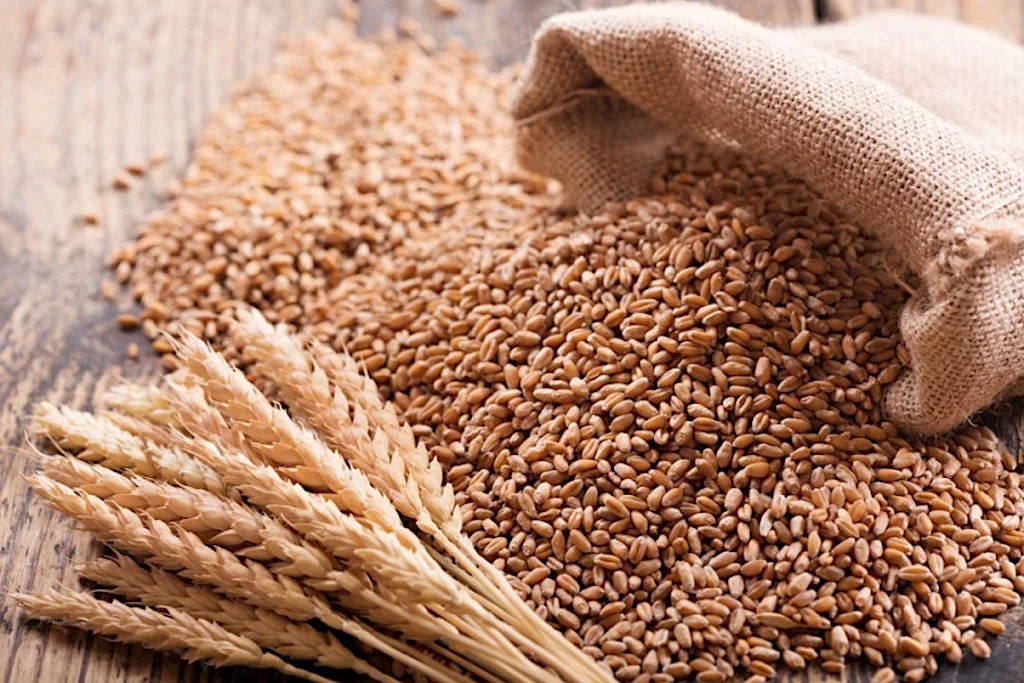At the start of the Russia/Ukraine war on February 24, NATIONAL ECONOMY rightly predicted that the price of bread would rise. The forecast was predicated on the fact that Russia and Ukraine combined exported close to 30 per cent of the world’s wheat. While Russia would be unable to export wheat due to sanctions, Ukraine would fail to export because Russia blocked Ukraine’s seaports on the Black Sea.
Wheat is the major component of flour, which is the major component of bread. Not surprisingly, the price of wheat shot up from circa $600.00 in February to more than $1,200.00 by March through to July, about 100 percent.
Consequently, the price of bread in Nigeria rose by similar percentage, signaling a direct correlation between the increase in the price of wheat and the price of bread in Nigeria. Nigeria is a big importer of wheat that goes into the production much of the bread produced in the country, according to data from the Association of Master Bakers and Caterers of Nigeria, the umbrella body of bakers in Nigeria.
But for more than four months and counting, the United Nations’ and Turkey brokered deal with Russia to allow the sale of Ukrainian wheat has seen the price of wheat on the world market plummet to $719.00 as of Thursday, November 8.
Knoema, an international research firm, states that Nigeria’s wheat imports quantity increased from 350,000 tonnes in 1971 to 650,000 tonnes in 2020, growing at an average yearly rate of 10.21 per cent. In its report, Knoema noted that Nigeria imported 6.5million tonnes of wheat last year. So Nigeria barely produces up to 10 per cent of her wheat demand.
But with the price of wheat down to $719, from $1,200 earlier in the year, observers are wondering why the price of bread keeps rising.
Peter Ochie, a member of Nigeria’s Master Bakers’ Association told NATIONAL ECONOMY that among other things, the price of fuel is keeping the price of bread up. Ochie noted that the subindustry was hit both by the increase in the price of wheat and the price of fuel. He added that while the price of a bushel of wheat has fallen considerably, the price of fuel is rising.
He also called on the government to reduce the cost of importing wheat to assuage the pains on Nigerians.
The project manager of a major flour company in Nigeria, who pled anonymity, affirmed the position of Ochie. He told NATIONAL ECONOMY that that the cost of importing the raw material of flour remains high, but stressed that above all, the cost of converting wheat to flour remains high because the price of diesel has gone above the roof, to more than N800 per liter. He said when you factor that cost of production into getting the end-product, and the cost of distribution, it is understandable why the price of bread remains high.
Yele Ibrahim, a baker in the Agege area of Lagos State said after all the cost associated with getting the final product, bakers deserve a fair margin. She said the price of food is rising as there is shortage in the country. “Bread is a staple; as the price of other food items are rising, a good alternative is bread. The demand for bread means the price must rise also,” she said.





